
Patient involvement
We involve patients in the design and application of our research project to ensure their opinions are included and to better understand their needs and experiences.
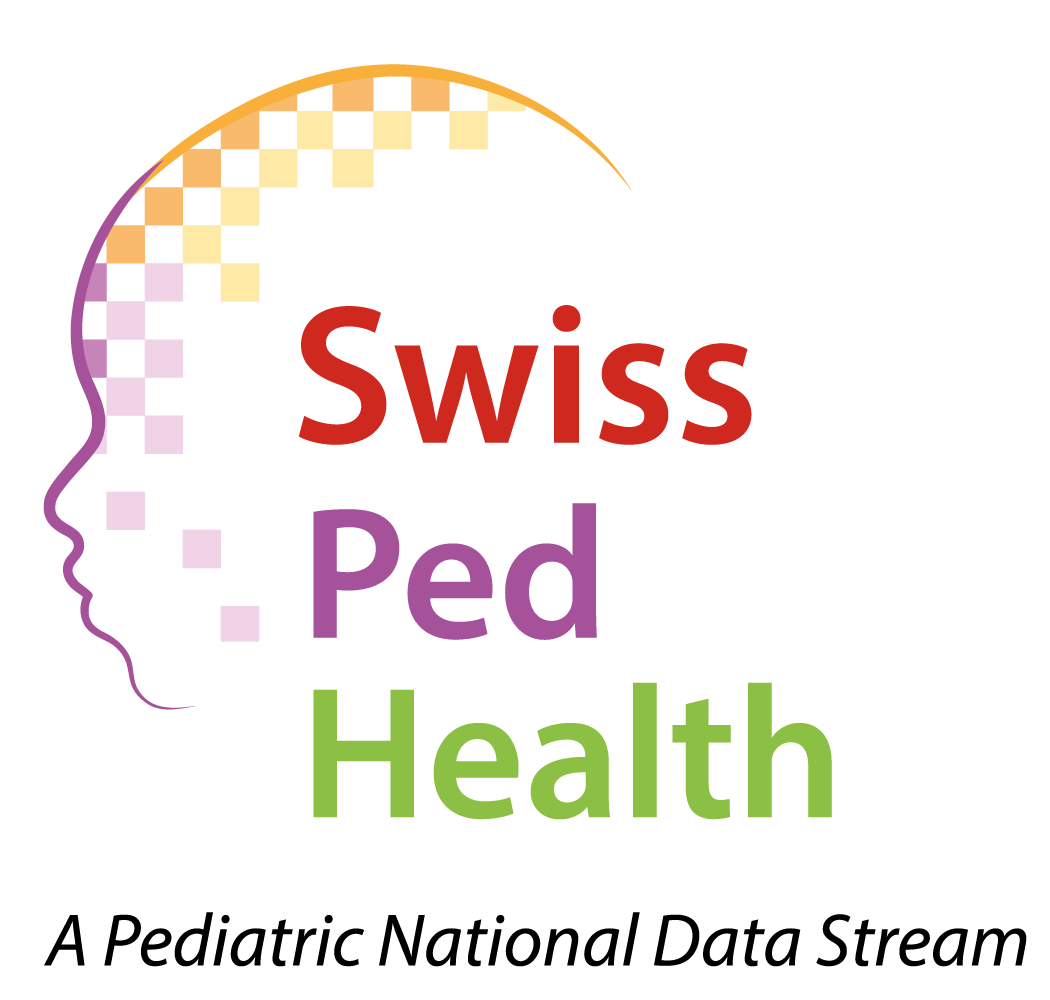

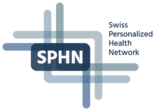

We involve patients in the design and application of our research project to ensure their opinions are included and to better understand their needs and experiences.
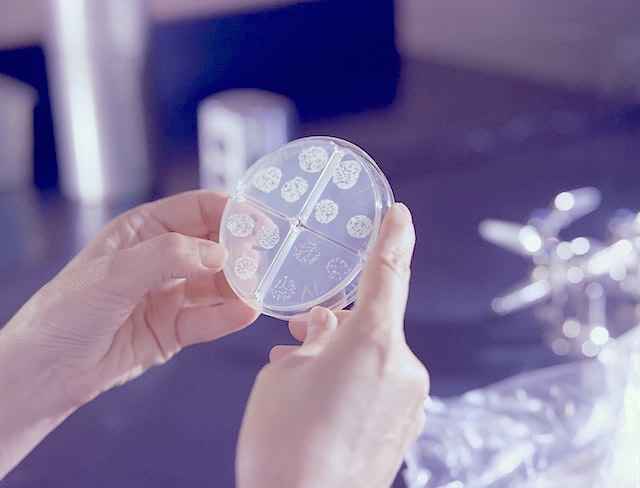
We tailor treatments based on scientific evidence using genomics, multi-omics, and other forms of analysis to provide personalized health care to our patients.
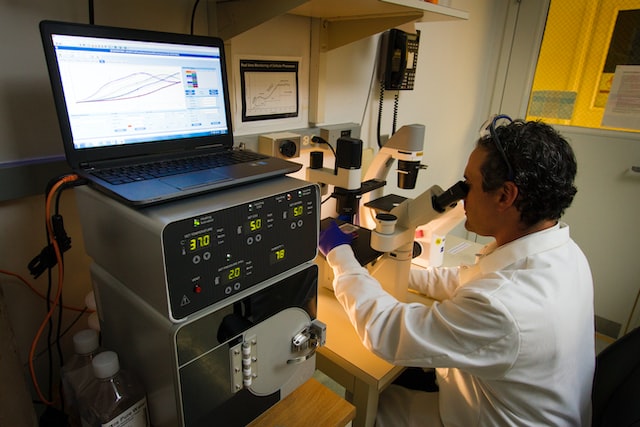
We rely on modern technology such as DNA analysis, proteomics, statistics, high-performance computing, and medical knowledge interpretation to develop new medical systems.
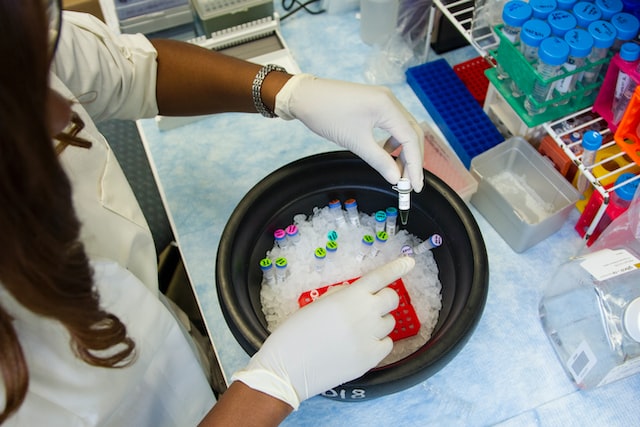
We focus on basic science research to understand the fundamental mechanisms underlying disease and to develop new diagnostic tools and treatments based on this knowledge.

We collaborate between multiple university hospitals and university research groups to combine resources, expertise, and knowledge for cutting-edge medical research.

Your contribution to our hospital research project will be used to improve how we diagnose patients, make research breakthroughs, and develop new treatments for diseases.
Our work is demonstrated by a number of Lighthouse and Nested projects, with an emphasis on patient and public involvement. ➔ Read more
SwissPedHealth places major importance on the involvement of all patients, family, and the public. Openness and fairness is a key requirement to build a productive and functional personalised health network. Learn how your involvement can help us to deliver world-class treatments, today and into the future. ➔ Read more
By harnessing cutting-edge scientific methods we can detect the causes of illness with better precision and make new discoveries for all society in the future. ➔ Read more
Several national registries are used to study birth records (height, weight, head circumference, gestational age) alongside electronic health records to understand and improve our detection and treatment of disease. ➔ Read more
By modernising our monitoring process, we can improve the detection of illness and standard of care. This is achieved by linking electronic health records with our national cancer registries. ➔ Read more
We are developing national-scale analysis of essential diagnostic data for outpatients with respiratory problems to improve interpretation, quality control, and reporting for patients. ➔ Read more
We monitor infectious diseases and antibiotic utilization patterns to inform regulatory and strategic trials. With this data we are transforming the evidence-base for antibiotic selection, duration, and route of administration. ➔ Read more
25.01.2024
A groundbreaking study led by the Kinderspital Zürich, employing artificial intelligence to analyze data from over 3.5 million children, has resulted in the development of the Phoenix Sepsis Score. This new tool provides a reliable method for diagnosing sepsis in children, which could significantly enhance early detection and treatment of this potentially fatal condition. The research, recognized for its global impact, has been published in JAMA and supports efforts to combat sepsis worldwide, and the national program for quality improvement in sepsis.
06.12.2023
The Swiss Personalized Health Network (SPHN) has developed a new genomics extension for the SPHN RDF Schema, enhancing the integration and FAIRification of omics data. This advancement, achieved in collaboration with SwissPedHealth and other experts, extends the SPHN Semantic Interoperability Framework beyond clinical data, encompassing genomic experiments and metadata. The extension promotes seamless data sharing and reuse across the Swiss healthcare sector, solidifying SPHN's commitment to advancing personalized health research.
26.01.2023
Combining the results of multiple molecular analyses could lead to improved diagnosis of the rare and severe hereditary metabolic disease, methylmalonic aciduria. The new research offers potential benefits for affected individuals and could also pave the way for improved treatment options in the future.
26.01.2023
Integrated multi-omics reveals anaplerotic rewiring in methylmalonyl-CoA mutase deficiency. Nature Metabolism, 26 January 2023, doi: 10.1038/s42255-022-00720-8. Forny P, Bonilla X, Lamparter D, Shao W, Plessl T, Frei C, Bingisser A, Goetze S, van Drogen A, Harshman K, Pedrioli PGA, Howald C, Poms M, Traversi F, Buerer C, Cherkaoui S, Morscher RJ, Simmons L, Forny M, Ioannis Xenarios, Aebersold R, Zamboni N, Rätsch G, Dermitzakis E, Wollscheid B, Matthias R. Baumgartner MR, Froese DS.
For research inquiries please use the contact information provided.
SwissPedHealth is part of the Swiss Personalized Health Network (SPHN). You can read more about SPHN on their website sphn.ch.
SwissPedHealth is part of Personalized Health and Related Technologies (PHRT). You can read more about SPHN on their website sfa-phrt.ch.